Having the right tool for the right job takes the worry out of minor home repair. Although a butter knife, duct tape and an old rag can work some unexpected miracles, having a well-equipped tool box for basic plumbing repairs such as clogs and leaks can give you the confidence to get the job done, and done right.

The Basics for Your Plumbing Toolbox:
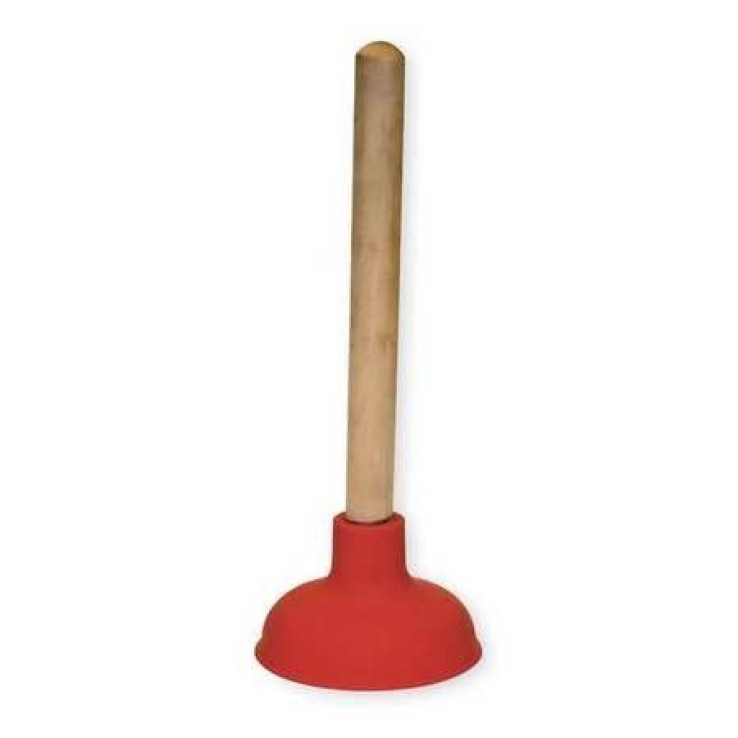
Plunger
1. Plunger - This is the first tool to grab when dealing with clogs in bathtubs, sinks, and toilets. Remember when plunging a toilet, create a firm seal, press down and pull up. You want to vacuum the clog OUT, not push the blockage deeper.
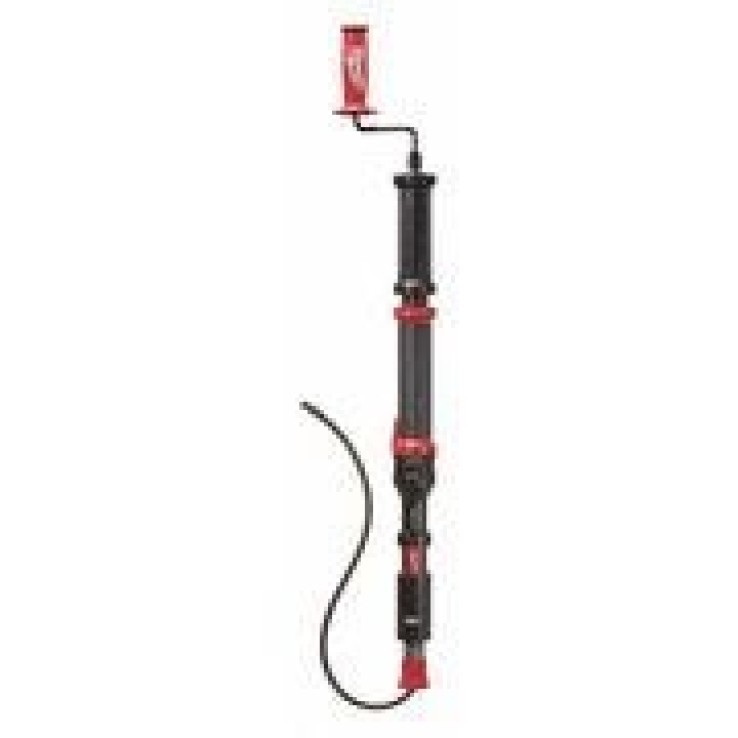
Plumbing Auger
2. Plumber's Snake, or Plumbing Auger - This is a hand-cranked drain-clearing tool with a long flexible steel cable that's effective at clearing obstructions from tubs, showers, sinks, toilets and drain lines. Use this if the plunger can’t move a clog.
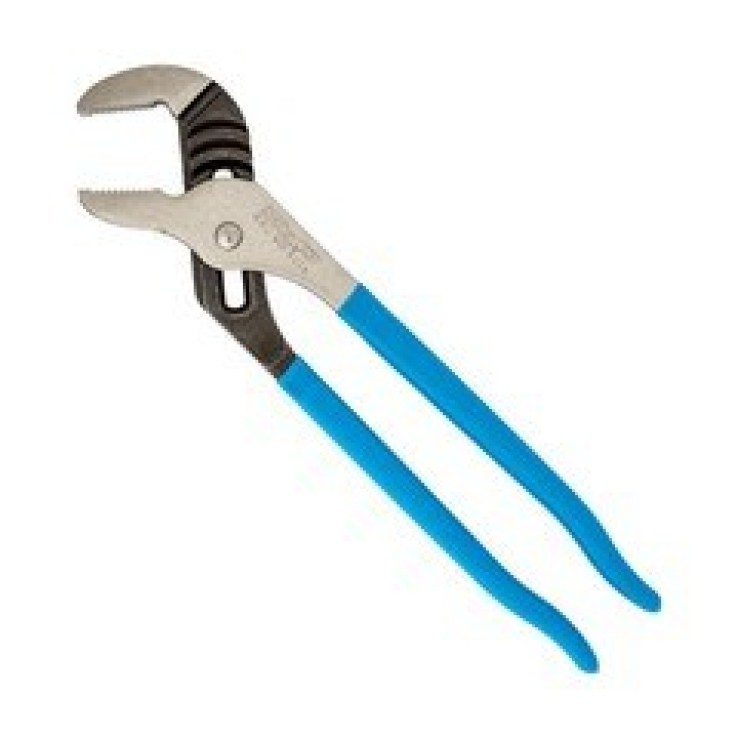
Tongue-and-Groove Pliers
3. Tongue-and-Groove Pliers – These are the pliers to use when you need to twist, turn, tighten or loosen something. While these come in several sizes, the 9.5” and 12” will likely be most useful.
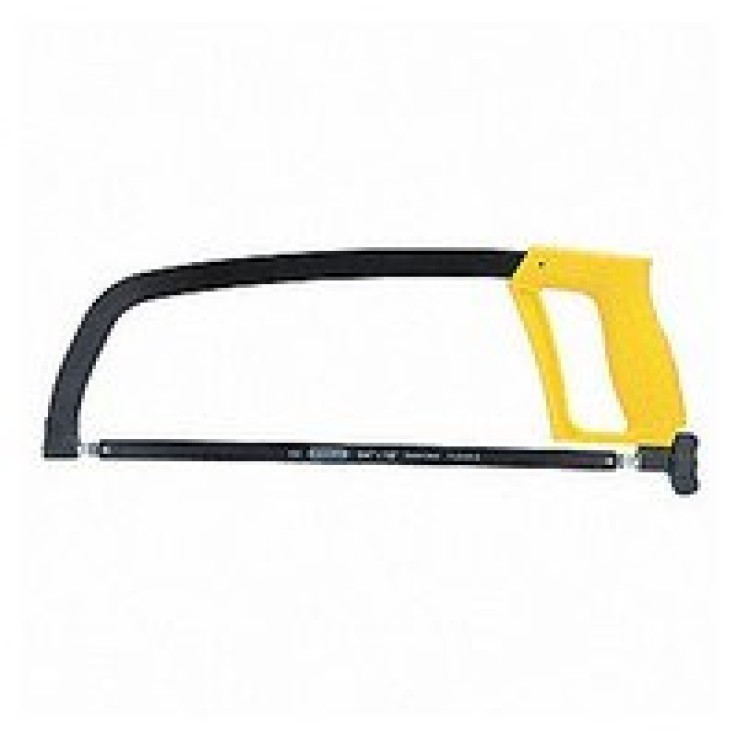
Hacksaw
4. Hacksaw – This is useful to cut through metal and plastic pipe, nuts, bolts and screw among other things. Hacksaws, so long as the blade is sharp, are a very versatile tool. Make sure you have plenty of extra blades. Be careful when using it as well as when replacing the blades.
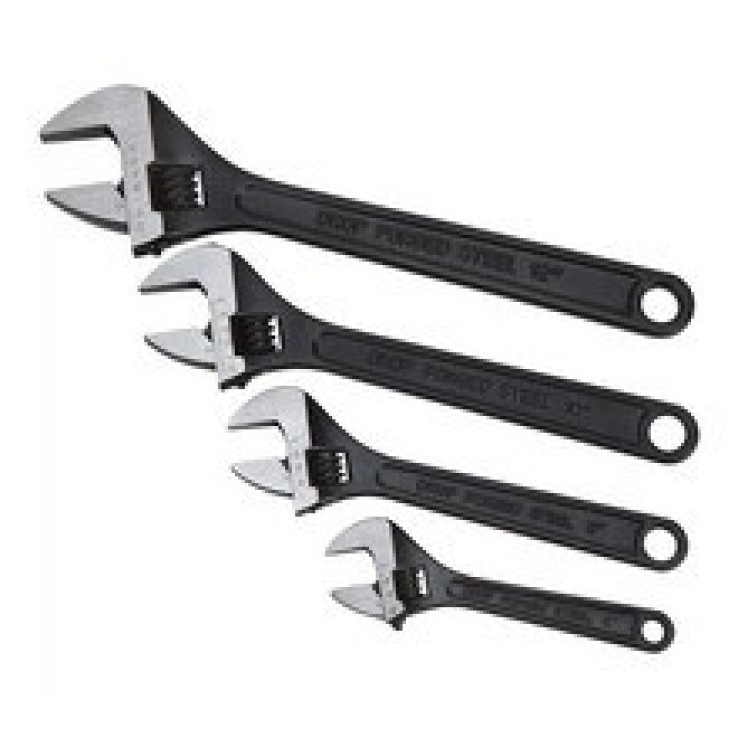
Spanner Wrench
5. Spanner Wrench - Used for the tightening and loosening of nuts on items like sink faucets. The long shaft and swiveling jaw can get up and into the narrow space behind a sink and lock onto the nuts. Make sure when buying the moving jaw has a solid setting so it doesn’t slip under pressure. Generally with wrenches two is better than one, vary the sizes.
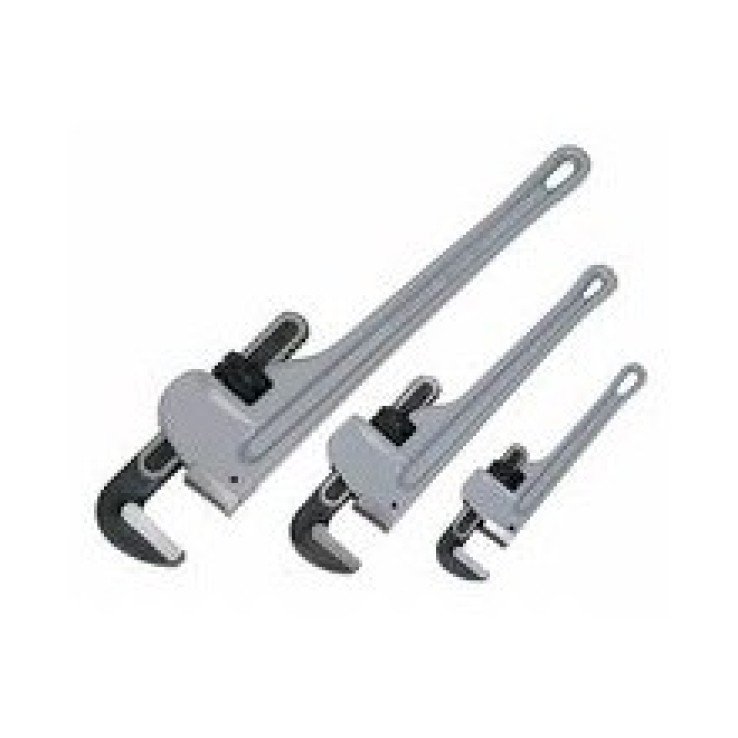
Pipe Wrench
6. Pipe Wrench - These are heavy, large wrenches used to tighten and loosen threaded pipes, fittings and nuts. Get two as you will need one to hold and the other for turning. Although they come in sizes from 6” to 60”, the 10” and 14” should suffice.
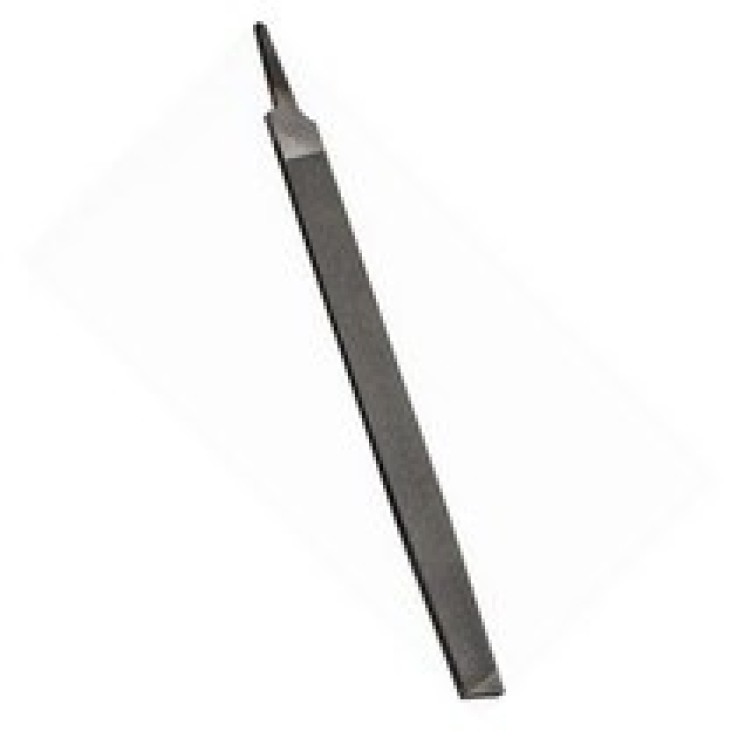
Metal File
7. Metal File - this smooths the edges of metal pipes after cutting, get two: a rat tail which is round and tapered also a half round a half round which has both rounded and flat surfaces.
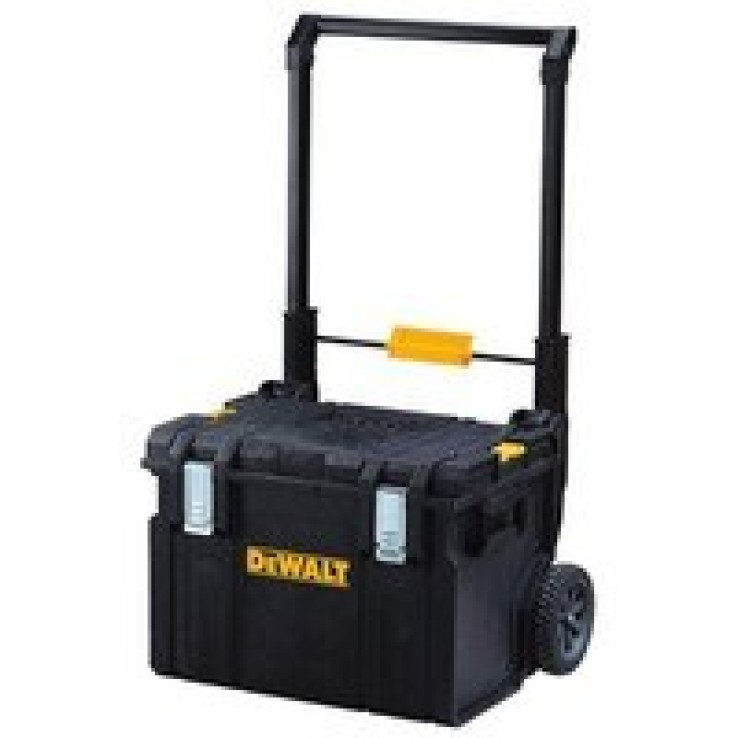
Toolbox
8. Tool Box - Tool boxes come in a vast array of sizes, and functionality. Some have wheels (great feature), and some can be mounted. Always get a little more room than you need as tool collections tend to grow. Many find it best to have separate toolboxes for separate jobs. (One for Electric Work, One for Plumbing, One for Carpentry, etc.)
Jersey Plumbing(908) 281-7101
Remember! Sometimes the best tool is experience. When you need a Master Plumber to get the job done right, don’t hesitate to reach out to Jersey Plumbing Service for your plumbing needs.

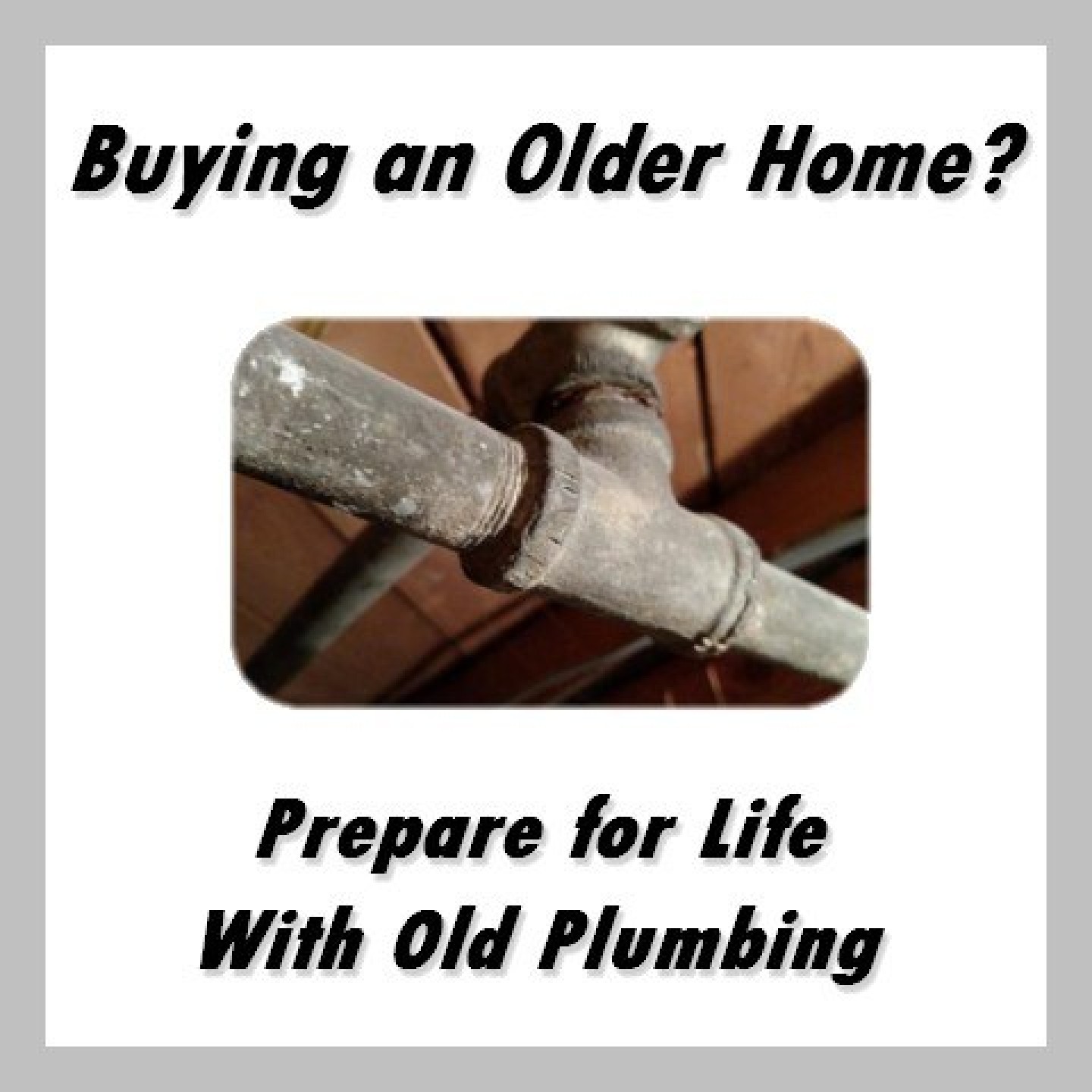
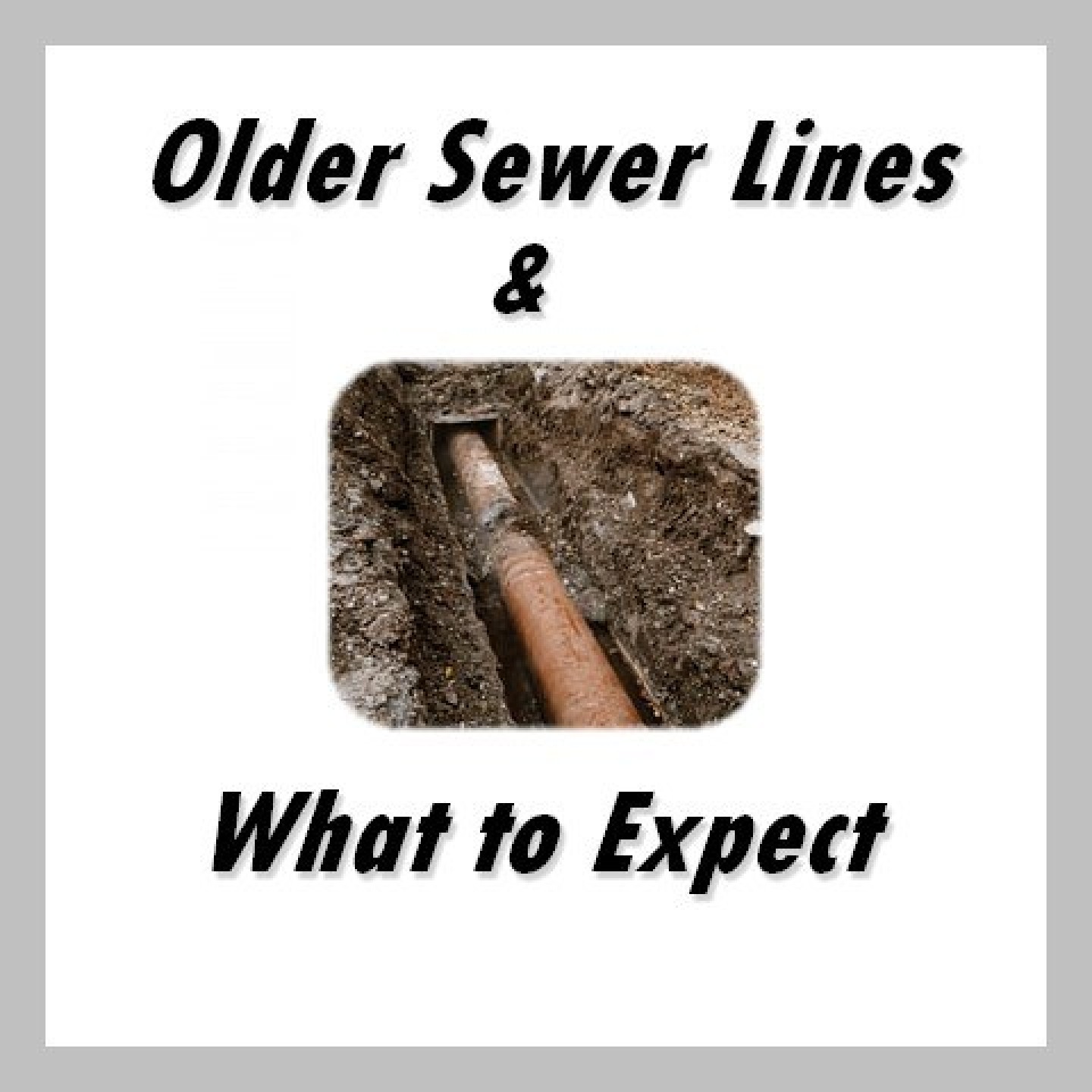
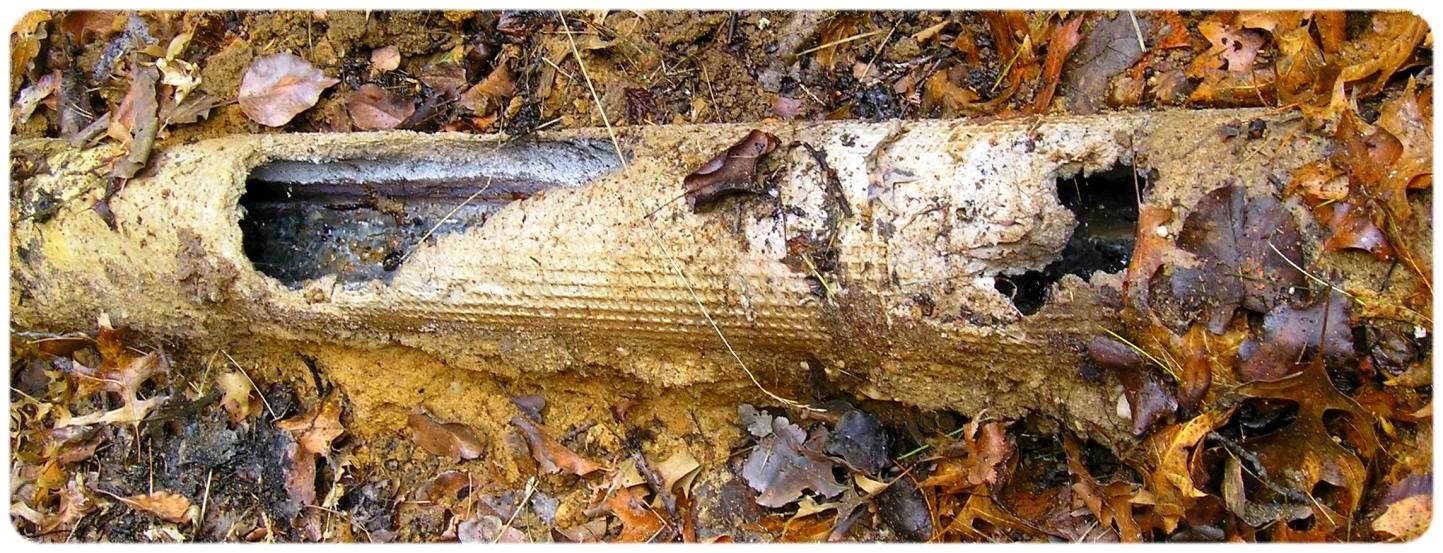
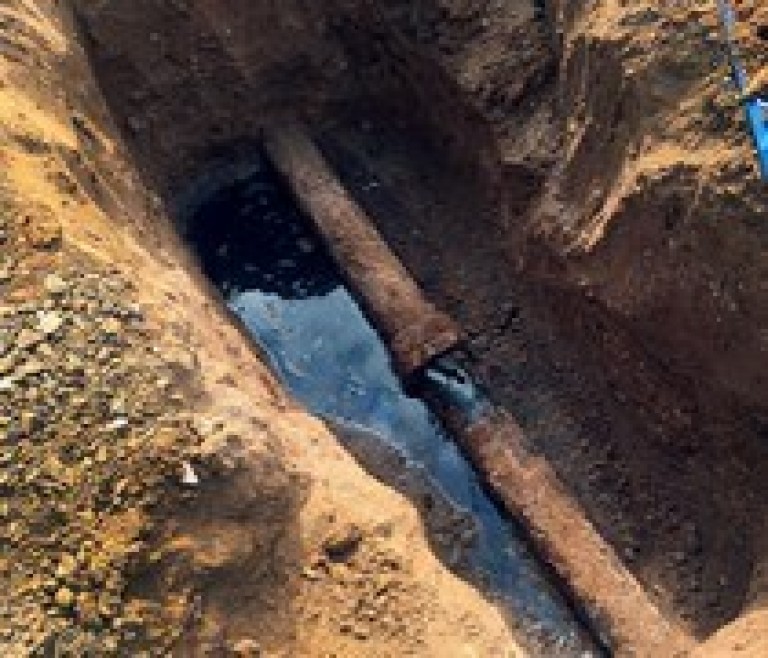

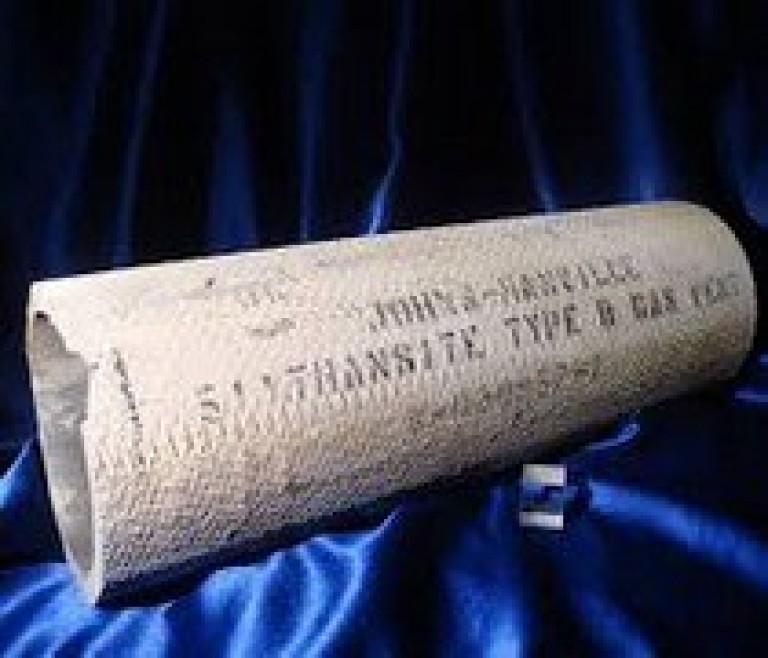
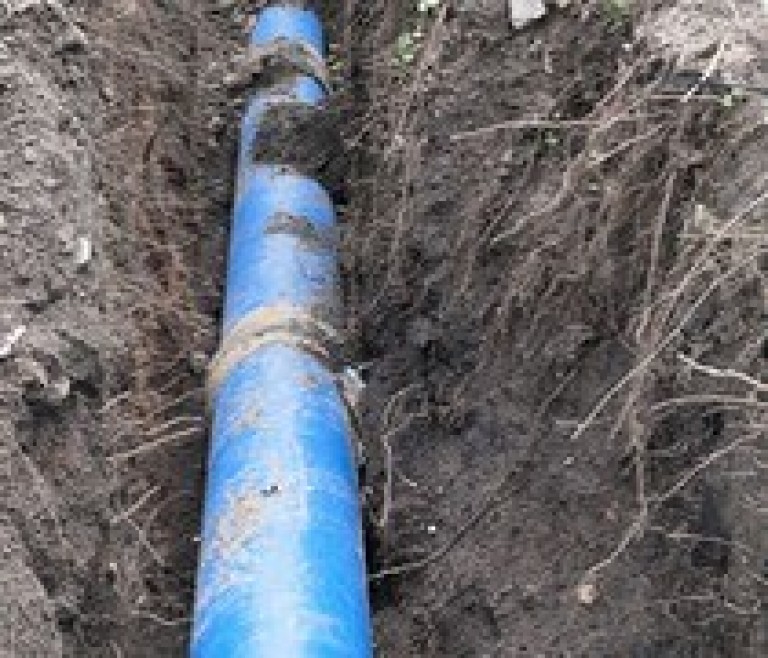
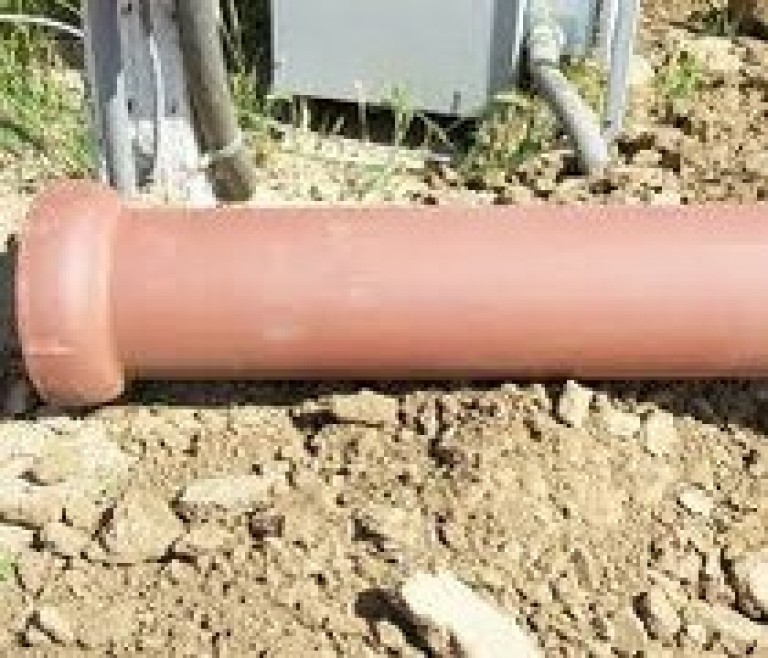
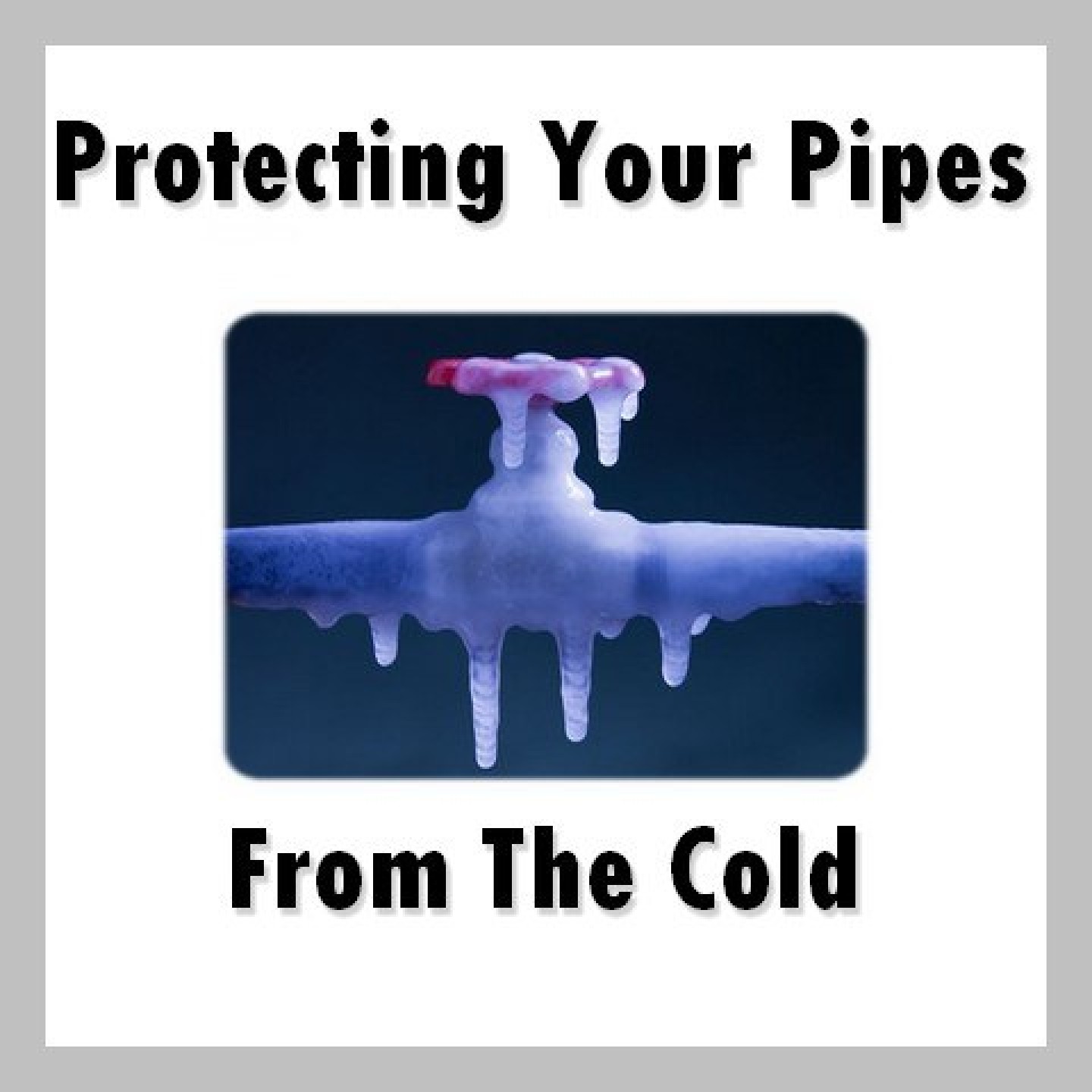
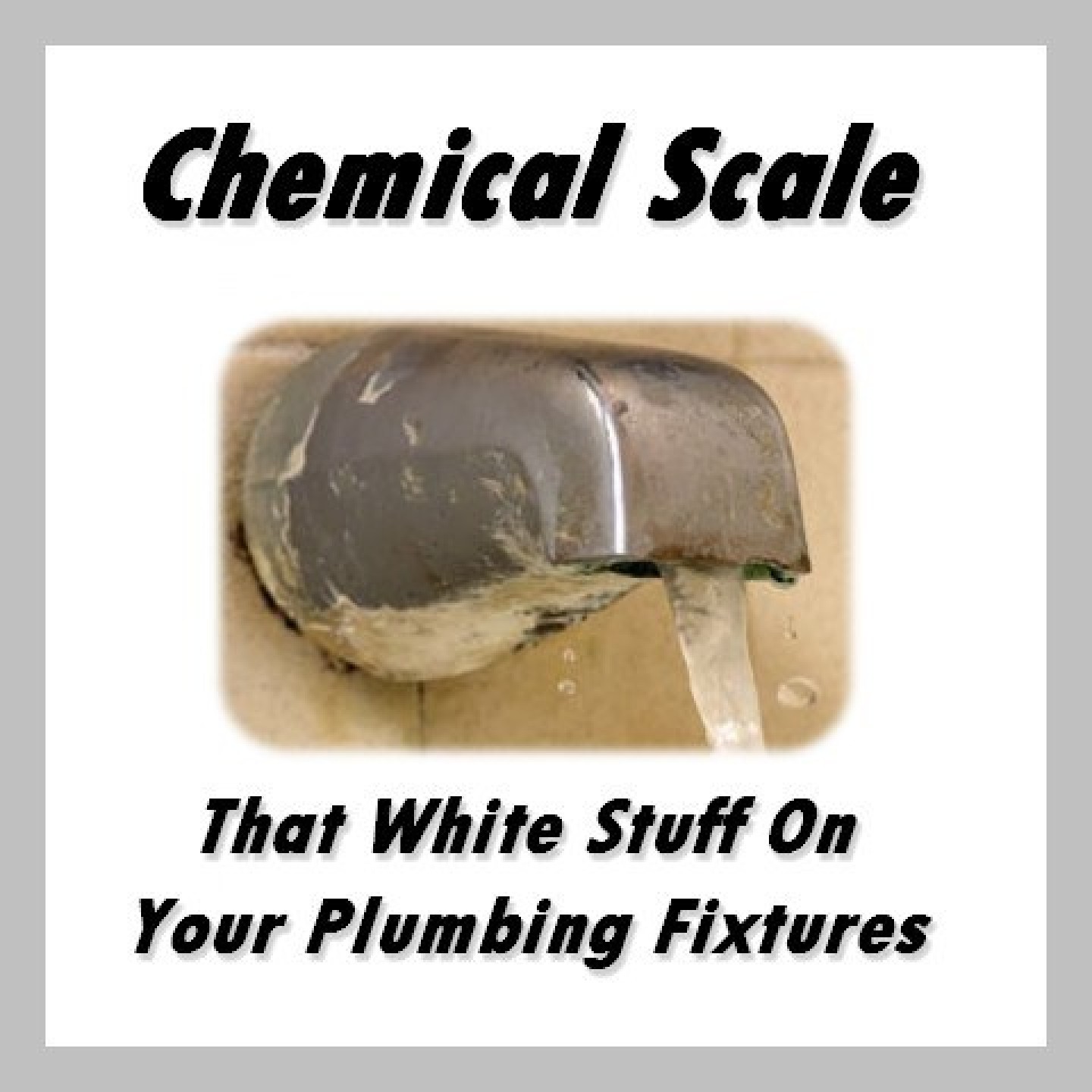
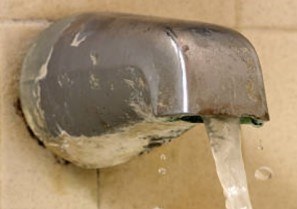
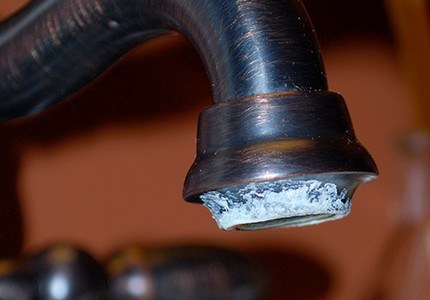
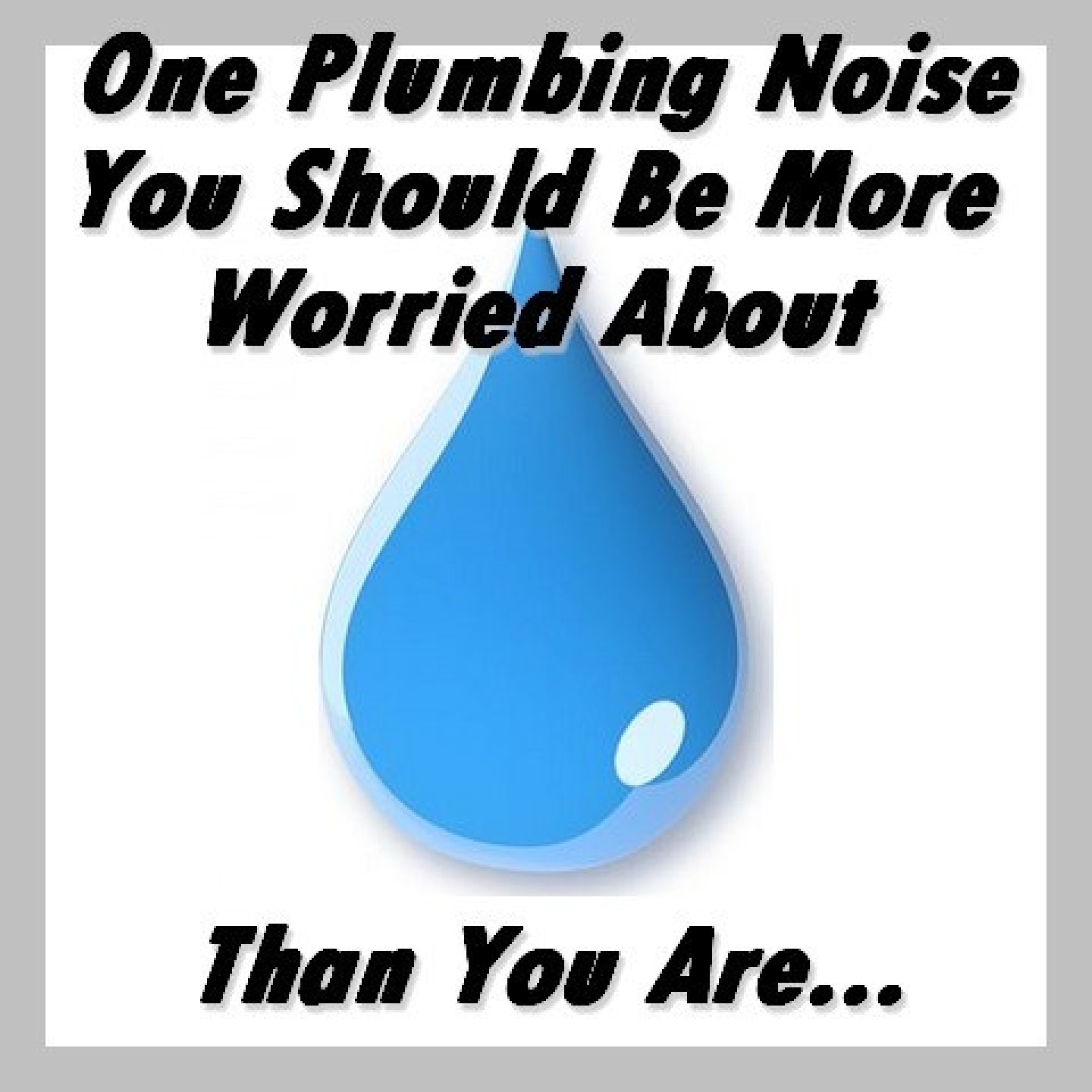
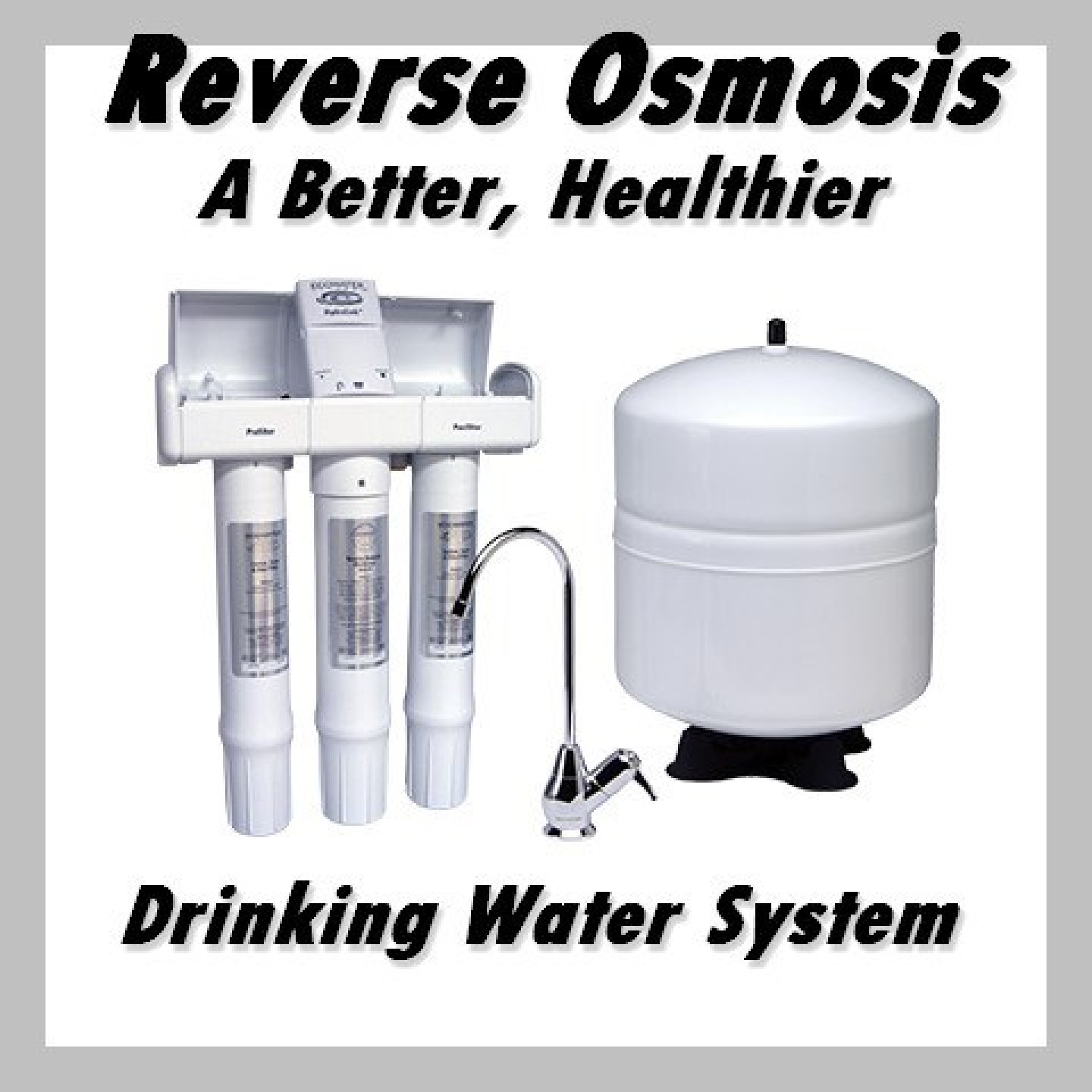
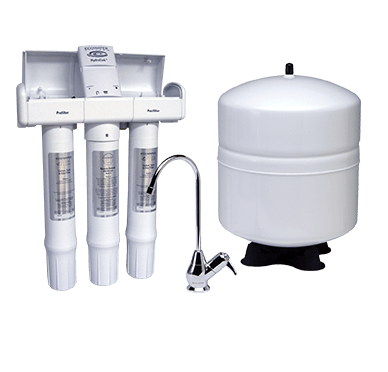

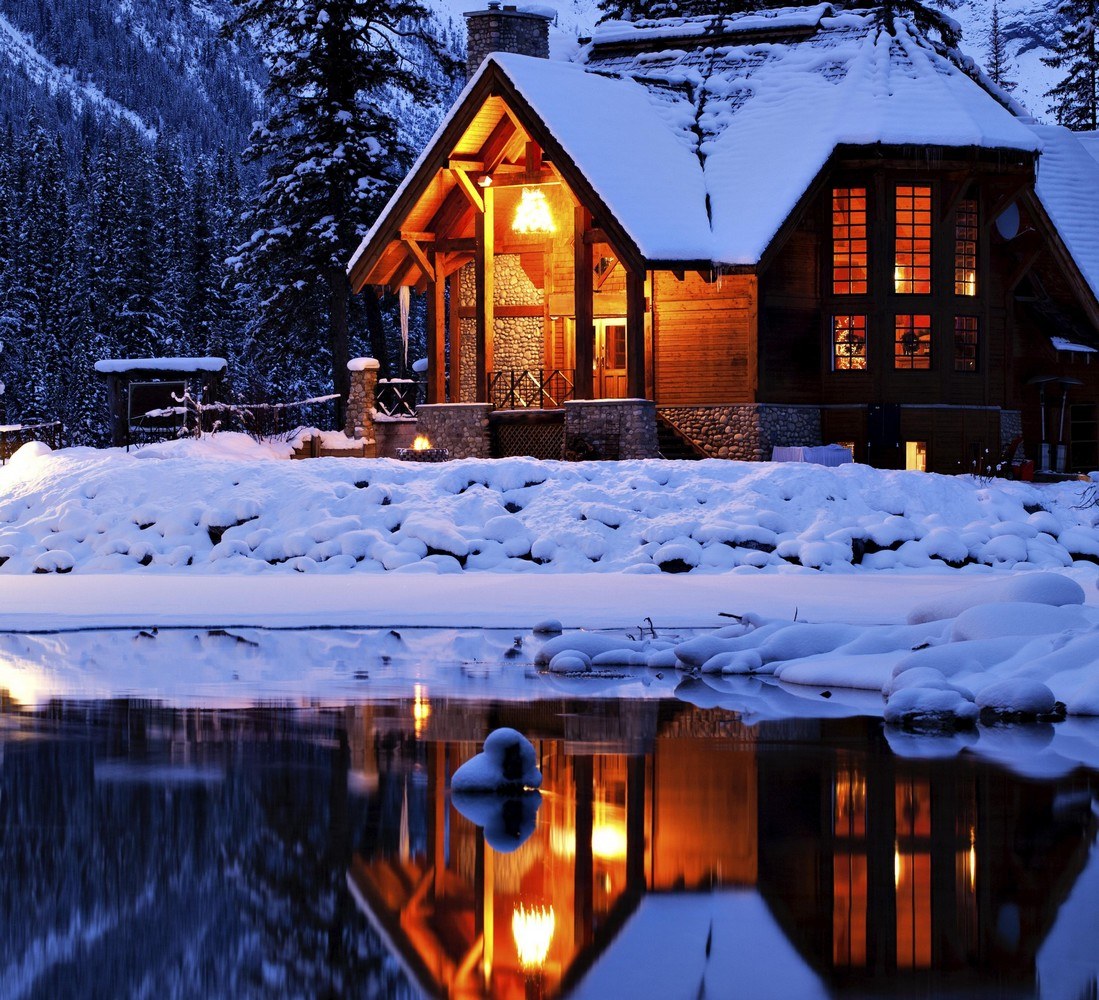
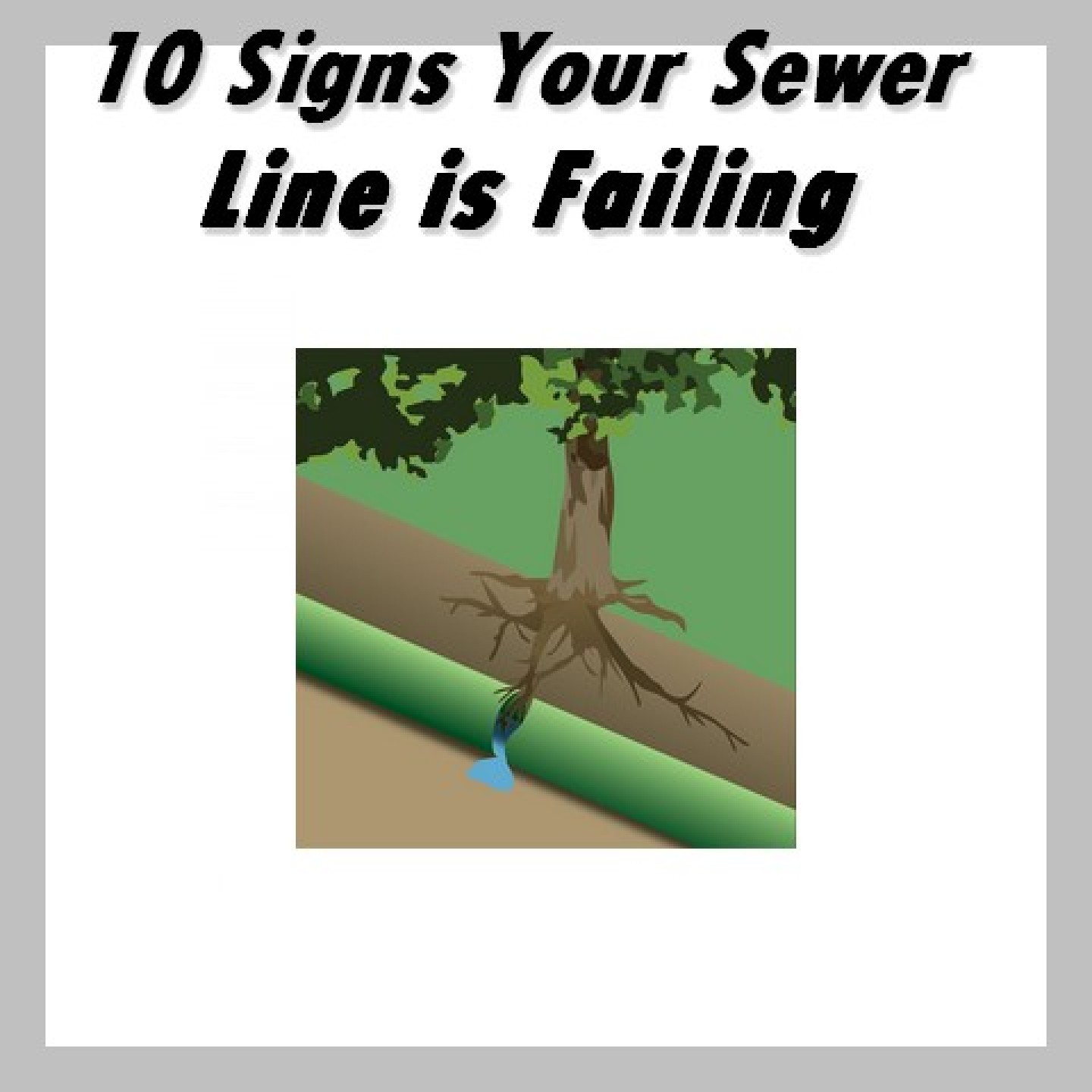
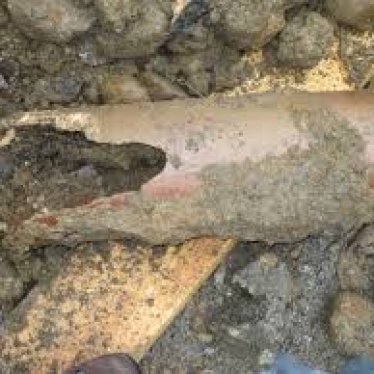
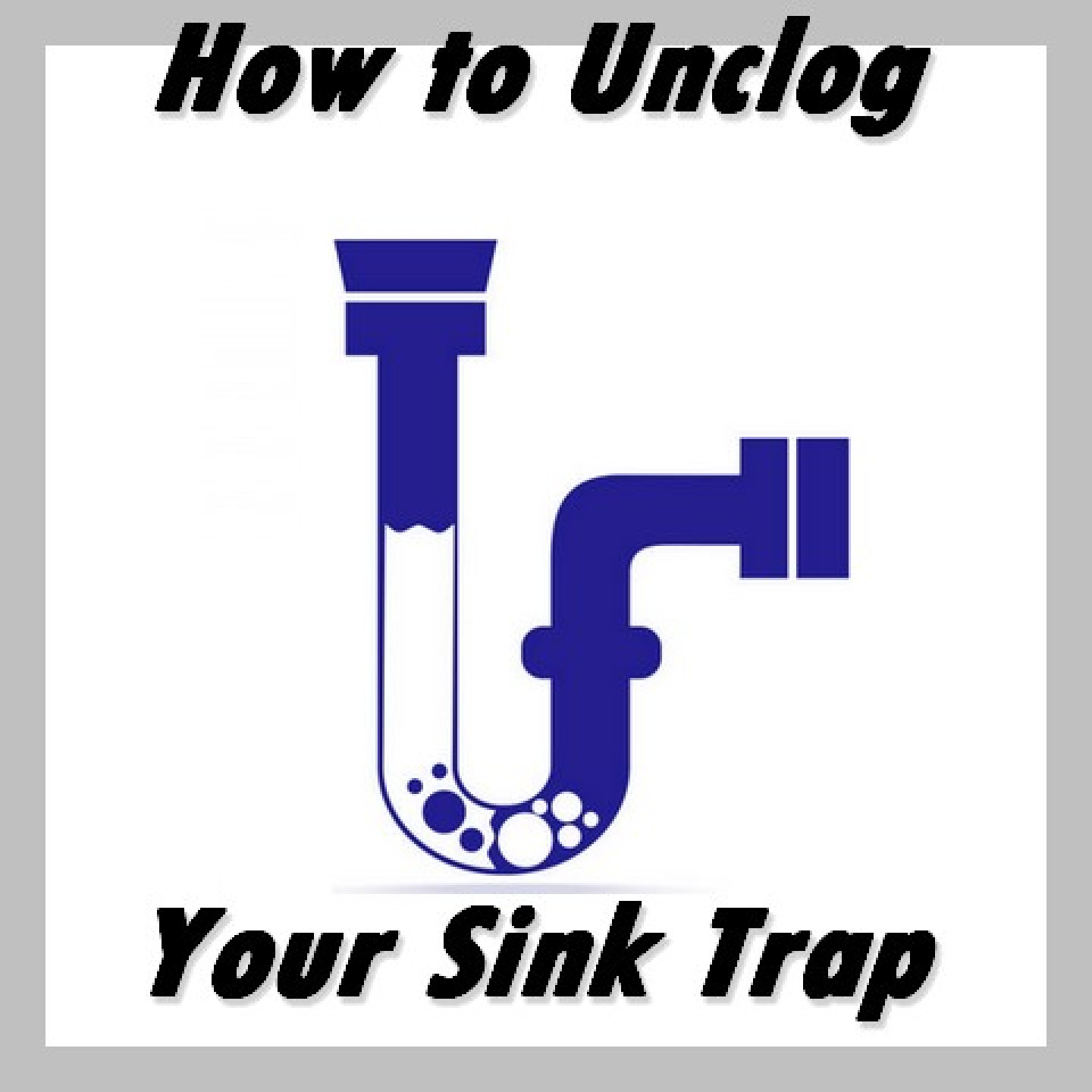
Recent Comments